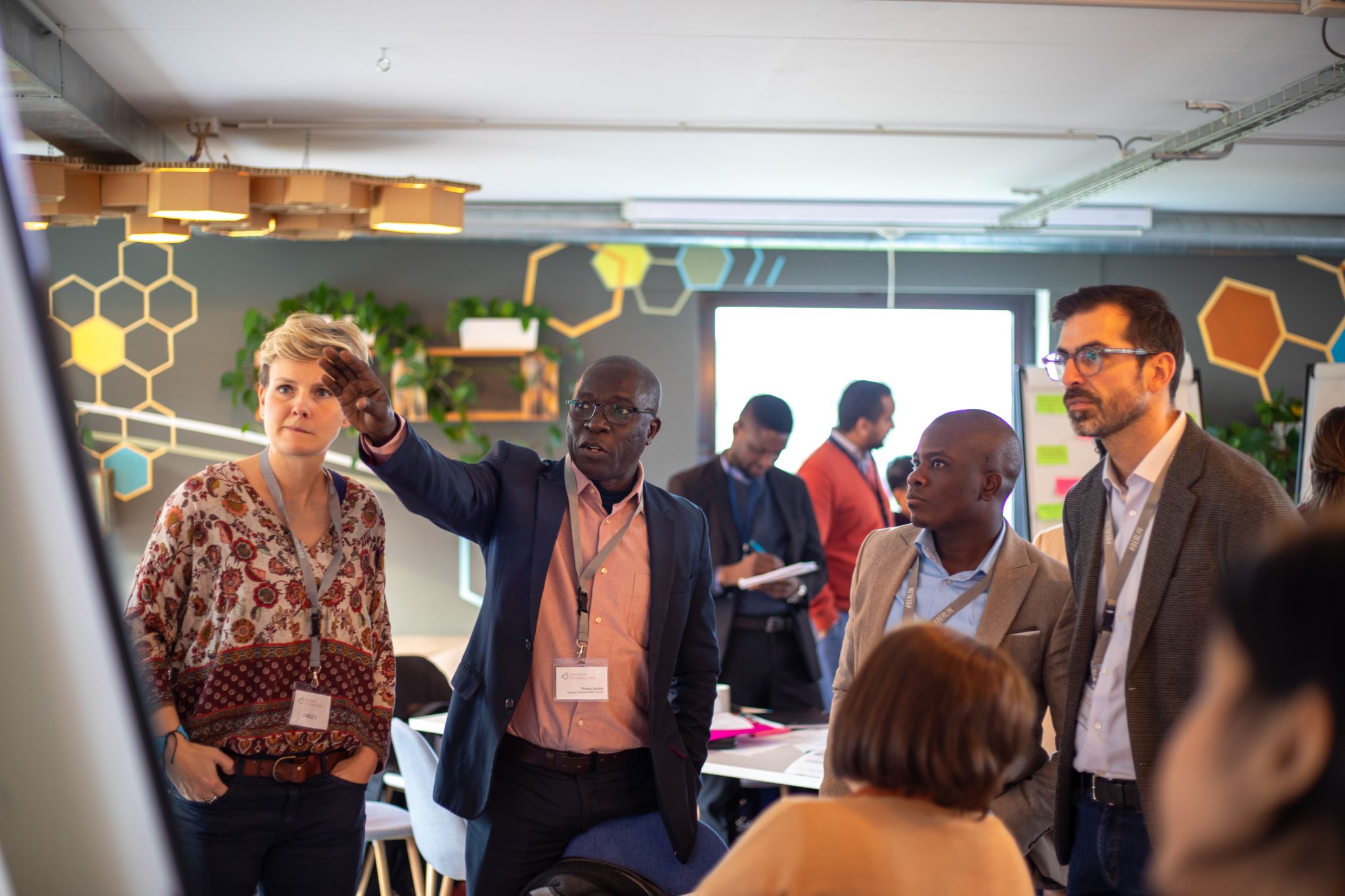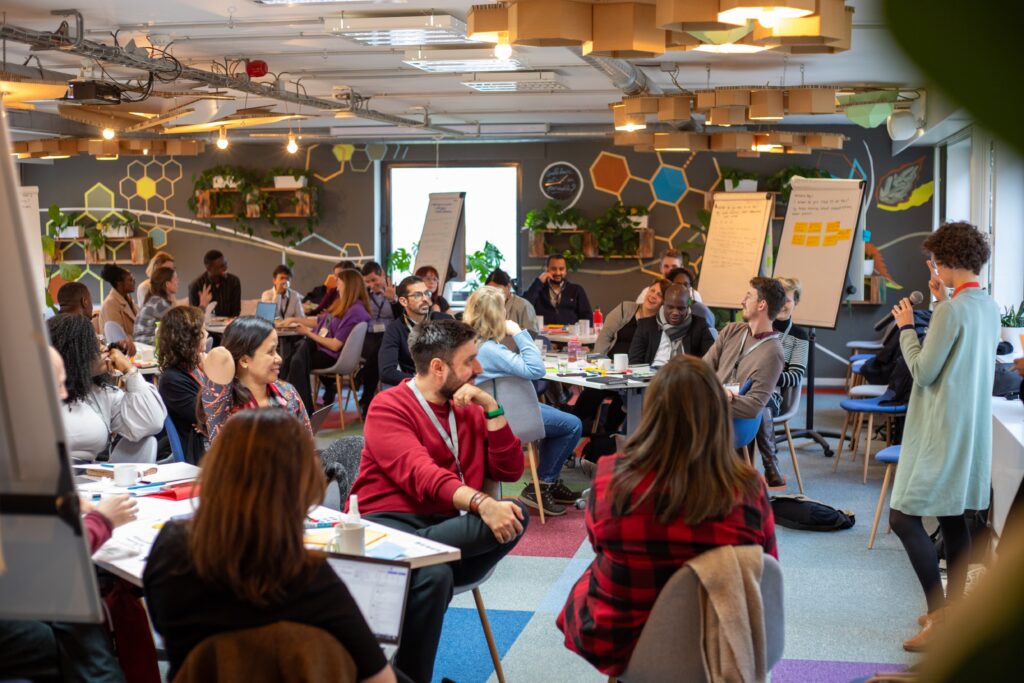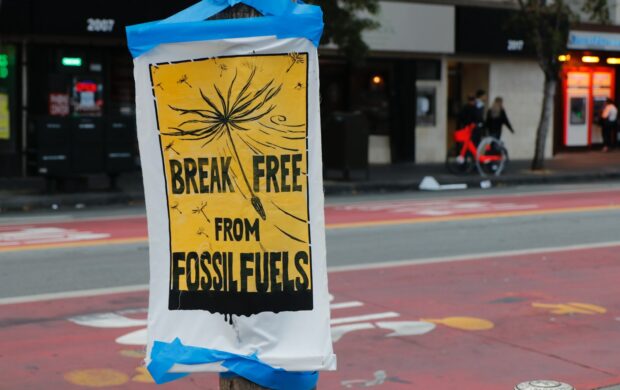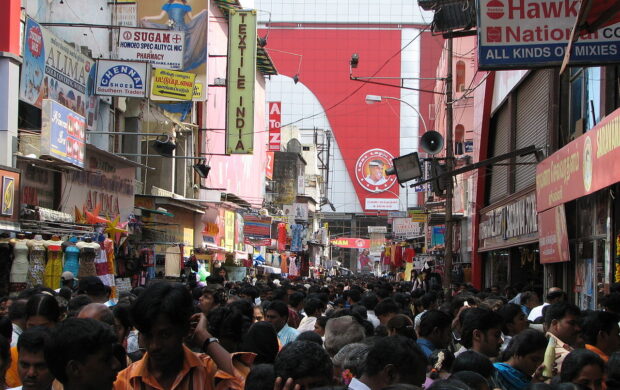Civil society organisations face a variety of complex issues in an era marked by rapid technological advancements, geopolitical shifts, and socioeconomic transformations, including social inequality, political polarisation, climate change, and global health crises. Conventional approaches to problem-solving and decision-making are no longer sufficient. Futures thinking and foresight can help us grapple with uncertainty and change by revealing the complex interplay of dynamic trends around us, helping us identify risks as well as opportunities and creating a collective vision.
We believe that, though the future is unpredictable, we can shape it through our actions. Let’s embark on this journey towards a stronger, more impactful, and future-proof civil society – together!

Image Credit: International Civil Society Centre, 2023
This toolkit supports your efforts to strengthen the civil society operating space while gaining a deeper understanding of foresight methods and how they can be applied within the context of civil society. It provides tools, strategies, and resources to strengthen your ability to anticipate future challenges and opportunities, practice foresight, and build resilience in the face of rapid change. No previous experience with futures thinking is needed as the toolkit explains the key concepts and methods used and guides you step-by-step through the activities. It offers six overarching exercises from trends exploration to action planning that can be run as a series in a holistic strategy process or convened as individual sessions to serve your current requirements and capacities.
By embracing foresight as a guiding principle, we truly believe we can collectively shape a future where civil society thrives and is resilient in the face of uncertainty.
About the toolkit
This toolkit was commissioned by the International Civil Society Centre within the framework of its initiative ‘Anticipating futures for civil society operating space’, part of the Solidarity Action Network (SANE). It draws upon insights and lessons learned from the International Civic Forum 2023 where we tested with civil society professionals how to translate future scenarios into actionable plans. The toolkit was written by Siddhi Ashar, Mareyah Bhatti from Forum for the Future, and Patricia Mugenzi, an independent consultant. It was edited by Alisha Bhagat from Forum for the Future and Eva Gondor from the International Civil Society Centre.

Image Credit: International Civil Society Centre, 2023
This toolkit draws upon insights and lessons learned from the International Civic Forum 2023 held in Brussels as a testing ground and feeds into the ‘Anticipating futures for civil society operating space’ initiative, a three-year initiative (2022–2025) developed by the International Civil Society Centre (ICSCentre).








Join discussion